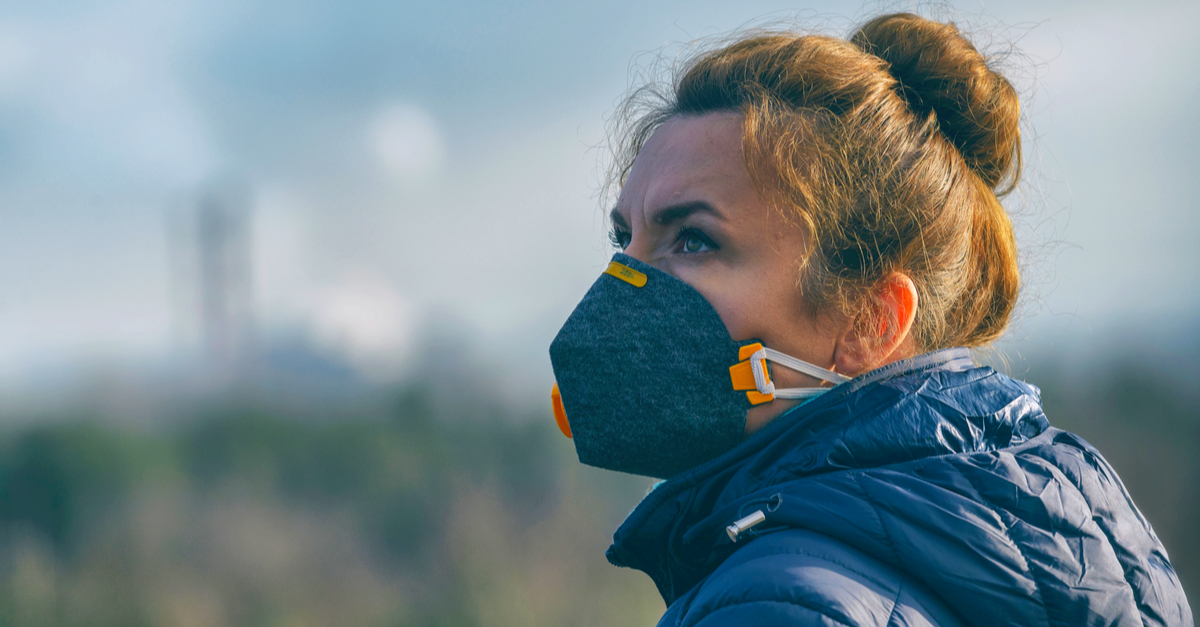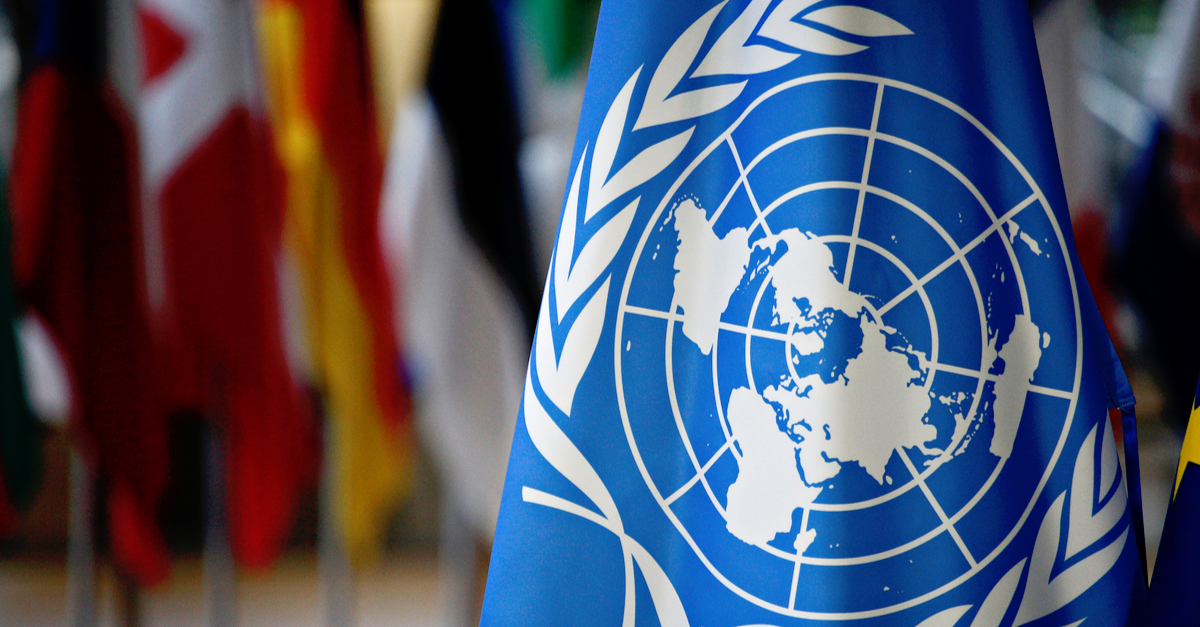
How are Climate change and COVID-19 linked? Can the measures taken to battle COVID-19 have a positive effect on the climate?
On a certain level, parallels can be drawn between the COVID-19 pandemic and other contemporary crises that we are facing today, such as climate change. These kind of global crises all require a global-to-local response, long-term thinking, new research and innovations and a political will to make fundamental changes. (Weforum, Climate Foresight)
The COVID-19 virus that started in 2019 in a small wet market in Wuhan, China, has become a global pandemic over the period of a few months and has already had a seemingly big effect on our daily lives.
A topic that has been discussed over the internet and in numerous articles in the media concerns how governments are able to respond so fast to COVID-19, even with the risk of a collapsing economy, while the battle against climate change seems to be too hard and sensitive to tackle. Keeping in mind that the expected deaths per year due to climate change are estimated to be over 10 times higher than those from COVID-19, this is an important question. The answer remains deeper and more versatile than this, but some of the reasons are simple: COVID-19 is happening right now, it is visible and fast moving and it has an immediate and direct effect on everyone and anyone. The measures are also more straightforward. Governments have been given priority lists of compelling their citizens to wash more, stop touching, reduce travel and go into some degree of isolation. In contrast, the variety of solutions to fight climate change are perplexingly complex. And the solutions affect nearly all aspects of modern life. (Ecowatch)
COVID-19 effects on the climate
There has been numerous speculations about whether COVID-19 could stop the rapid increase of temperatures. Across continents, flights are being cancelled, factories closed down, those whose work isn’t critical for the society are holed up at home and as a consequence pollution and greenhouse gas emissions have fallen as countries try to contain the spread.
The New York Times published an article discussing NASA’s satellite imagery showing remarkable reductions in pollutions in China and Italy when the outbreak first started. Furthermore, The Guardian stated that the pandemic could lead to a significant fall in global CO2 emissions.
In China, emissions fell 25% at the start of the year and coal use fell by 40% at China’s six largest power plants since the last quarter of 2019. Similarly, levels of pollution in New York have reduced by nearly 50% compared with this time last year. This is however not the first time an epidemic or global crisis has led to lower emissions. During the financial crash in 2008 the global emissions dropped significantly for a year. (BBC) Global CO2 emissions from fossil fuel combustion and cement production decreased by 1.4 percent, only to rise by 5.9 percent in 2010. (Human Rights Watch)
The flip side of the coin
Some experts are concerned, that the effects of COVID-19 are only going to be short termed. One of the side effects of the virus include delayed or cancelled events and projects. Climate meetings and summits are no exception. Among these is the UN’s annual climate summit 2020, where 196 countries were expected to introduce revamped plans to meet the emission reduction goals, which was postponed to 2021. Furthermore, countries all over the world are postponing green investments and instead directing the money to fight COVID-19. Like so, companies struggling to keep their business running are not likely to make long term green investments in the near future. To act against climate change has never been more urgent. However, the inability to collect world leaders and to direct finances towards green investments might be a hinder to do so.
In the U.S., Environmental Protection Agency announced a rollback on car emissions rules. The rules were a central piece of the country´s efforts to reduce greenhouse gas emissions. Furthermore, it announced that it will not penalize companies that fail to comply with federal monitoring or environmental reporting requirements. Similarly, China has extended deadlines for companies to meet environmental standards and Brazil has announced it is taking back enforcement duties for protecting the Amazon from accelerating deforestation, which could lead to the release of massive amounts of greenhouse gases. (BBC, Human Rights Watch, Climate Foresight)
What is certain, is that “There is a strong link between economic activity and global carbon dioxide emissions, due to the dominance of fossil fuel sources of energy.” This means we might be in for an positive surprise due to the coronavirus pandemic: a slowdown of carbon dioxide emissions due to reduced energy consumption. (Centre for International Climate Research)
In summary
- We’ve seen that governments can act, and people can change their behavior, in a very short amount of time.
- COVID-19 can have a positive effect on climate change. If this leads to a long-term shift in behavior and a change in our mindset and priorities.
- The pandemic may lead to a deeper understanding of the ties that bind us globally.
- Well-resourced healthcare systems are essential to protect us from global crises.
- Economic activities and global emission rates are strongly linked.
Need help with managing the impacts that COVID-19 or climate change has on your workplace? Our Environmental and Chemical experts are here to help!
Contact us:
info@ecobio.fi
+358 (0) 207 569 450
You might also be interested in:
Insights into Covid-19 future effects on energy consumption and cleantech: Future Proof blog by Futures Platform
Text: Caisa Lindblom, Ecobio Oy, caisa.lindblom@ecobio.fi
Picture: Shutterstock



